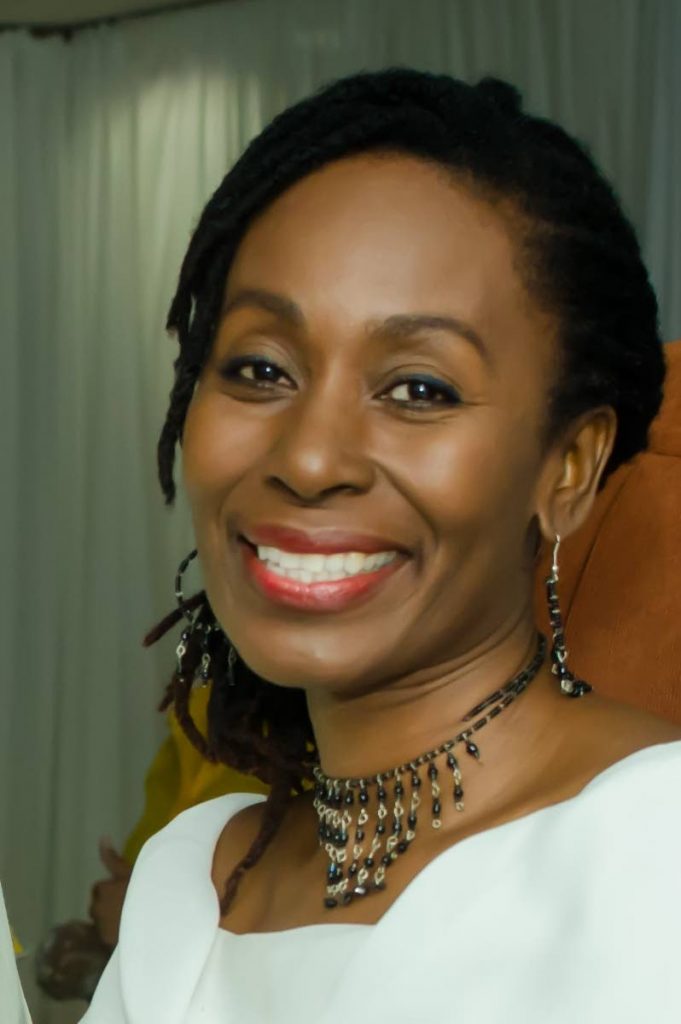New rules

Culture Matters
Choosing to Challenge
DARA E HEALY
THE MAN who used to take me to school gave me a gold chain for my birthday. What I remember most was his sickly-sweet smell. And his size. He was huge, but I could tell he was gentle. At least, that is what I thought at the time. He barely spoke on our rides to school; he mainly sat with his pudgy hands on the wheel, a soft smile on his face.
I showed my mother the chain. She said how nice it was and that she would hold on to it for safekeeping. The next day, my uncle picked me up. I never saw the silent, overweight driver with the funny smell again. With the resilience of youth, I moved on. I preferred going to school with my quirky uncle anyway.
Years later, I found out that my mother had threatened the silent driver to stay away from me. I felt that she overreacted; it was just a chain. Over time and between fading memories, I would recall that huge, silent man sitting next to me with his quiet smile. What was he thinking as I chatted away? With time and knowledge of fancy phrases like “sexual grooming,” I was glad he had given me the chain and that I showed it to my mother. Over time, I thought that it was possible that the chain, his silence and quiet smile were the first in a series of events that could have led to a very different life for me.
Ashanti. Andrea. Sean. Akiel. The many others whose names would fill the space in this column. We need new rules. We need new societal rules to bring an end to this evil roll call of names. But how? Increasingly, we are recognising that when it comes to our systems, the centre does not hold. WASA, the legal system, prison system, governance by silos. How may we disrupt our current behaviours and initiate a new order?
My own experience is that we need to make changes from outside the system. As a teacher of the performing arts for vulnerable populations, I have watched people within the system sabotage our efforts, even when we were making an impact. It would be subtle ways – always starting late, never being able to find the key to the room, stopping before time or disturbing participants during sessions.
For the new rules to work, across our school system, within the prisons, the police service and other institutions that work with vulnerable populations, dedicated personnel must be assigned to interact with organisations like ours. Personnel who understand that we would need somewhere to change into performance clothes, adequate outlets for music or tables for painting. Visual and performing arts are currently part of our curriculum, but understanding how to incorporate these into treating with trauma requires new rules of engagement between practitioners and programme administrators.
Privacy is essential. Arts practitioners do not work with people who have been exposed to various forms of abuse to put on a show. On many occasions, we have had to ask for non-essential personnel to leave the room so the participants could take part in the experience without worrying about being viewed as curiosities. Once, we were placed in a large sports facility with people walking through, making comments while we did our intervention. After several complaints and going directly to those in authority, we were moved into a smaller, private space where the impact could finally be felt.
The system does not hold, perhaps because it does not wish to be held to even basic standards of accountability. Regrettably, an already fragile system is now being tested by covid19, as there are not enough trained personnel to manage the increase in trauma caused by increased isolation. Worse, the training of educators and those who deliver social services still does not seem to equip enough people in this essential group to utilise the arts to support our vulnerable.
The irony is that organisations rooted in community work are suffering. Many on the verge of closure. As we search for solutions to treat with our collective social trauma, new rules of engagement also demand a meaningful partnership between private entities and the non-profit community. In 2021, stepping into a public vehicle is an act of defiance. Until we make our nation safe for all citizens, the sickly-sweet scent of my driver will linger, a reminder that not everyone has a family willing to sniff out those who wish them harm.
Dara E Healy is a performance artist and founder of the Indigenous Creative Arts Network – ICAN


Comments
"New rules"